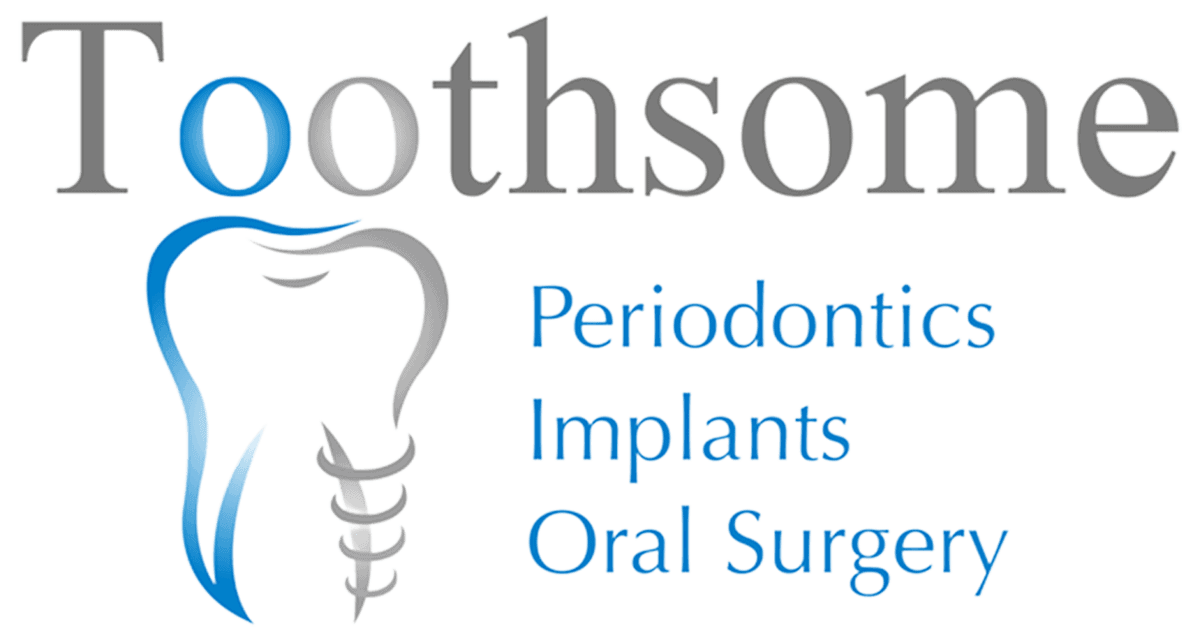
A wisdom tooth is a third molar that erupts in the late teens or early twenties. Wisdom teeth are usually the last to emerge, and there is often not enough room for them in the jaw.
When a wisdom tooth cannot erupt properly, it can become impacted, which can cause inflammation of the gum and tooth root, leading to infection. A wisdom tooth infection can also be caused by bacteria entering the tooth through a crack or cavity or food debris building up under the gum flap at the rear of the dental arch (pericoronitis).
A wisdom tooth infection can also spread to the gums and other parts of the mouth and may damage adjacent teeth and bone.
The key to treating a wisdom tooth infection is early detection. Understanding infected wisdom tooth symptoms can help you identify complications with your wisdom teeth and ensure you get the treatment you need.
Infected Wisdom Tooth Symptoms
Catching the wisdom tooth infection early can help prevent it from spreading and causing oral health complications like bone resorption or a dental abscess.
Some common infected wisdom tooth symptoms include:
- Pain in or Around the Wisdom Tooth
Wisdom tooth pain is often caused by inflammation compressing the tooth’s nerves. The discomfort may be intermittent, constant, or only occur when biting or chewing and may last for a few days or weeks.
To manage wisdom tooth pain, use a cold compress, take over-the-counter pain medication, and rinse with a warm salt water solution after eating and brushing your teeth.
- Bad Breath or Taste in the Mouth
Food debris can be trapped in the crevices around the wisdom tooth or under the gum flap. The infection builds up plaque and bacteria on the tooth and the surrounding gum tissue, which leads to an unpleasant smell or taste.
Eliminate plaque and bacteria with a thorough oral hygiene routine, including brushing and flossing twice daily with fluoride toothpaste. Use an interdental brush or pre-threaded floss to access the area between your back teeth.
You can try using a tongue scraper and chewing sugar-free gum to stimulate saliva production to wash away bacteria between meals to help eliminate your bad breath or taste in your mouth.
- Swollen or Tender Lymph Nodes
The lymph nodes swell due to an infection or inflammation in the nearby tissue. In the case of an infected wisdom tooth, the inflamed tissue is often visible and can be quite painful.
Applying a warm compress to the affected area can ease the swelling around the lymph nodes by increasing lymphatic drainage.
- Jaw Pain
The wisdom tooth is located close to the jawbone and other sensitive tissues. When the wisdom tooth becomes infected, it can cause inflammation and restrict movement in the surrounding areas.
Overcrowding of teeth can cause excess stress on the jaw, causing discomfort and making eating and brushing your teeth challenging.
Avoid exacerbating jaw pain by eating a soft food diet for several days, and use an ice pack intermittently on your jaw to numb the area and reduce inflammation.
- Swollen, Red or Painful Gums
If wisdom teeth do not have enough room to erupt, they may only partially come through the gum. As a result, soft tissue around the wisdom tooth may become inflamed and infected.
Rinsing with saline solution or an alcohol-free antibacterial mouthwash can help remove bacteria and food debris and minimise swelling.
- Pus in Gums
When a wisdom tooth infection causes an abscess, it is because the tooth has not erupted properly and the infection has been trapped in the tissue around the tooth. It can cause pain, swelling, and a throbbing sensation in the gums. There may also be drainage from the abscess, which will be thick and white or yellow in colour.
A tooth abscess is considered a dental emergency. Contact your dentist immediately if you notice pus or a painful lump on your gums. The abscess needs to be surgically drained, and you may need to take antibiotics to eliminate the infection.
- Fever
A wisdom tooth infection causes inflammation and increased blood flow to the area, which can raise your body temperature. Fever is your body’s natural reaction to infection and is a sign that your body is trying to fight it.
Take over-the-counter pain anti-inflammatory medication if your fever reaches over 38°C. Use a cold compress and drink plenty of fluids to reduce the fever.
Do I Need Wisdom Teeth Surgery?
While some people have no problems with their wisdom teeth, and they erupt normally, other people may experience pain, crowding, or infections. In most cases, your dentist will prescribe wisdom teeth surgery to remove the affected tooth and prevent further infections or oral health issues from occurring.

You may need wisdom teeth surgery:
- If there is not enough room in the mouth for the wisdom teeth to erupt normally, they can become impacted. Impacted wisdom teeth can cause pain, crowding, infection, and damage to adjacent teeth, leading to cysts or tumours.
- If you have periodontal disease, your dentist may recommend wisdom teeth surgery to prevent further destruction of gum tissue. Periodontitis occurs when plaque and tartar buildup around the gum line and is not removed adequately through brushing and flossing. If left untreated, periodontitis can lead to tooth loss.
- If you are undergoing orthodontic treatment, your dentist may recommend wisdom teeth surgery before your braces are fitted. If your wisdom teeth erupt during or after orthodontic treatment, it can cause your teeth to rotate or become crowded and undo all your hard work.
Get Wisdom Teeth Surgery at Toothsome Clinic
If you notice infected wisdom tooth symptoms, visit Toothsome Implants Chatswood for a consultation and treatment. With years of experience and a team of dedicated dental professionals, we’ll ensure you have a safe and comfortable experience.
To book an appointment for a dental exam or wisdom teeth surgery, you can use our online scheduler or call us at these numbers.
- Sydney CBD on (02) 9159 3728
- Baulkham Hills on (02) 9158 6637
- Chatswood on (02) 8203 8786
Note: Any surgical or invasive procedure carries risks. Before proceeding, you should seek a second opinion from an appropriately qualified health practitioner.


